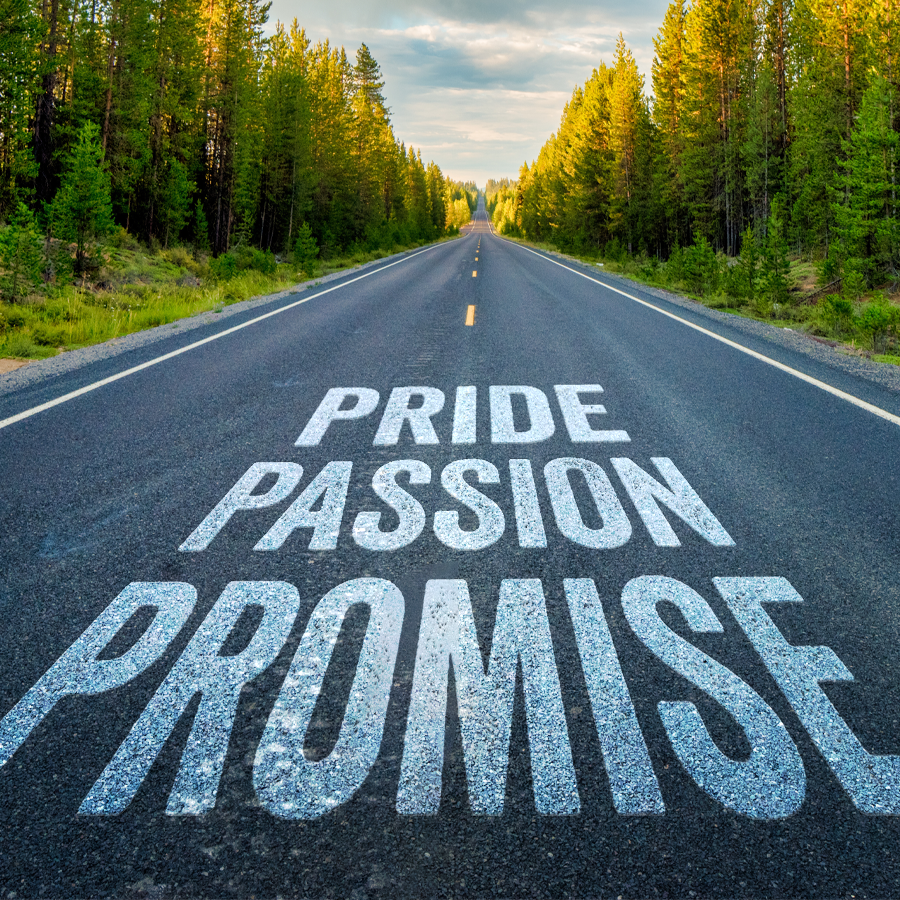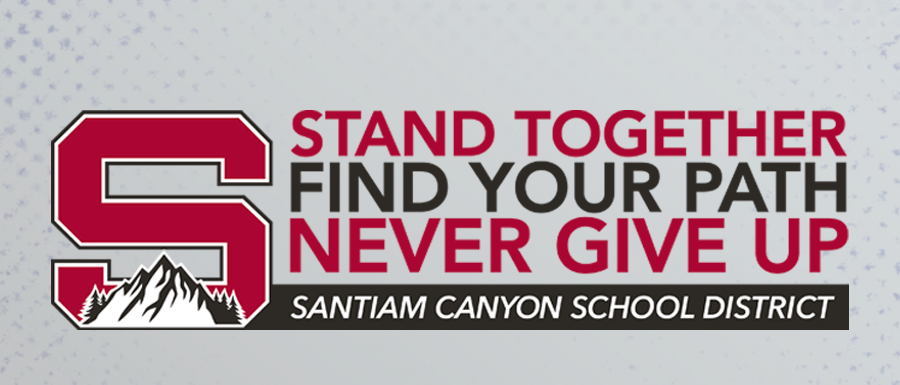Simon Sinek on the Future of Education: The Change That’s Needed and the Change That’s Possible

The education system can play a much bigger role in preparing us to be human.
– Simon Sinek

INTRO
As leaders in education, it’s easy to lose sight of the bigger purpose of education when there’s the day-to-day to keep you busy (and let’s face it, totally bogged down).
But even though the bigger picture and purpose may seem like a pipe dream, it can actually help guide you through all that day-to-day muck while creating the lasting positive change your students need and deserve.
OBJECTIVES
- Use this ~6-minute video and reflection activity to develop a better understanding of how you can better support your students holistically now, so they can better lead in the future.
REFLECTION ACTIVITY
- How is your school recognizing/rewarding non-classroom (AKA grades, metrics) student ability and achievement (including asking good questions, active listening, independent problem solving & solution seeking/finding, as well as the positive Gen Z traits Simon mentions in the video)?
- How can it do this better?
- Simon notes we’re often stuck focusing on the WHAT of education (grades, classrooms, all the stuff we talk abut now), but that really we need to be focused on the WHY of education.
- How does your school address and support the WHYs of education?
- How can you/your school help students be more curious?
- How can you/your school help students learn empathy?
- How can you/your school help foster students’ passions?
- How does your school address and support the WHYs of education?
- Simon asserts that most school admin say their # 1 priority is the students, and that this is completely wrong. That really, “the responsibility of leadership has nothing to do with results. Leaders are responsible for the people who are responsible for the results.”
- How can you “obsess with creating an environment in which teachers [and staff] want to come to school, in which they feel that the administration has their backs”?
- How can you better serve your teachers, so they can better serve your students?
- How can you “obsess with creating an environment in which teachers [and staff] want to come to school, in which they feel that the administration has their backs”?






Responses